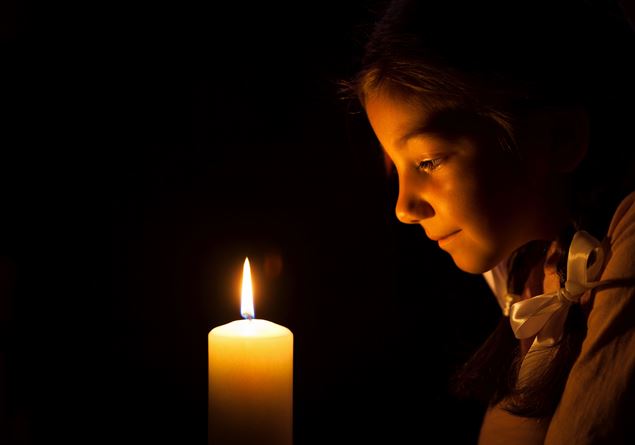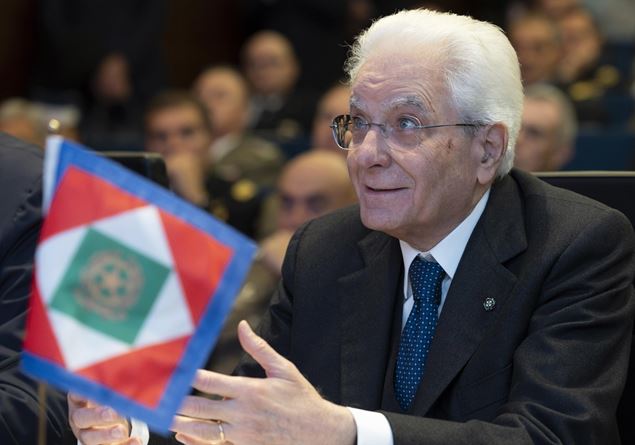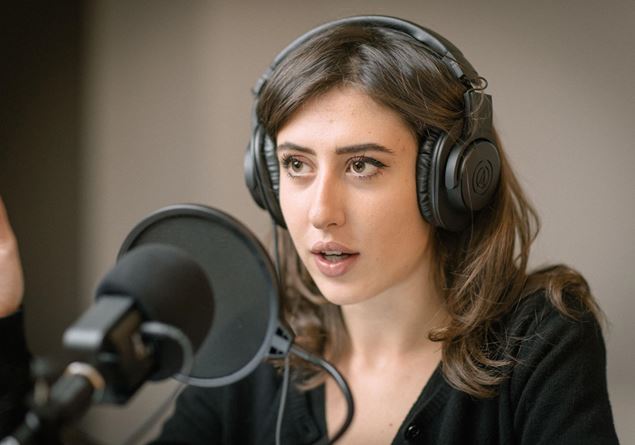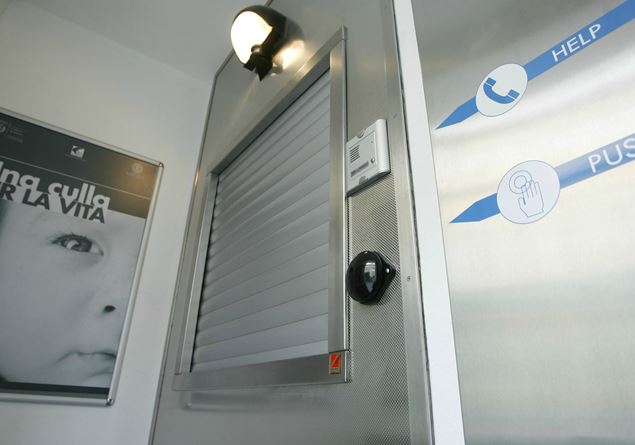
by Catena Fiorello
The night of November 1st The murticeddri, little ones, tonight the murticeddri will come and bring you gifts. On the night between November 1st and 2nd the children were eager to see what gifts the children had left them murticeddri. They secretly placed them under the beds. Rows of lit candles, the wait between happiness and a hint of fear. Who would have knocked in the dark? Magic of good souls flown to heaven. They returned to bring happiness and the air smelled of biscuits. And the dead, after a while, stopped being scary, turning into happy games
of the next day. Everyone was celebrating and in front of the photos of the dearly departed everyone had their hearts immersed in a nostalgic sweetness. This is the school of life in which I grew up. Every first November my father loaded the car with all the goods and from Augusta we set off towards Letojanni, where the tombs of our loved ones were. Grandma Catena was anxiously waiting for us, preparing foods from the ancient culinary tradition. They were days of celebration, not of sadness, and the children lived peacefully with the idea of the death of their ancestors. This was exorcised by a happy atmosphere. The wall that separated us and them became an idea of inevitability and naturalness, explained in simple words.
The writer Catena Fiorello, photo Ansa
The days dedicated to the deceased began with our arrival in the village on November 1st and ended on the third, when we returned to base. The visit to the cemetery is fundamental, when adults paid homage to their relatives and friends, while we distracted ourselves with the other children: even walking through the paths of the cemetery became an opportunity for lightheartedness. The lit lights inspired joyful thoughts in us. Including the stories that accompanied each photo observed on the headstones. There was the mother’s uncle, the hard-working old grandfather, or some friend who had been a hero in life, saving many lives at sea. But the most exciting wait was reserved for the night of November 1st, when our murticeddri they came back to bring us gifts. I remember that my grandmother set the table again in their honor after we had dinner, to give him hospitality when they entered. Neither I nor my brothers were afraid of those visits, however, they raised a lot of questions which my grandmother answered promptly. And so we learned that i murticeddri we didn’t have to imagine them as living people. They were made of spirit, gusts of light air that swirled around us, but always ready to comfort us in difficult moments. And how many delicacies could be eaten celebrating their memory, kept inside the
cannistrua woven straw basket that is still used for every household need. Inside were placed tufts of martorana fruit, the “dead bones”, cinnamon-flavoured biscuits, and the coppers of Naples, other S-shaped biscuits, and many delicious sweets. In the Palermo area, sugar puppets appeared, and since grandmother Catena liked them so much, she willingly prepared them. In other parts of Sicily, muffoletta was offered, a hot, freshly baked loaf of bread cunza (seasons) with oil, salt, pepper, oregano, anchovy fillets in oil and a few slices of primosale. In short, you can understand that between the sacred and the profane, the Feast of the Dead was an unforgettable event for us Sicilian children. And it still is, fortunately. But above all, the beauty of the indissoluble bond with our dearly departed wins.
Istock cover photo









